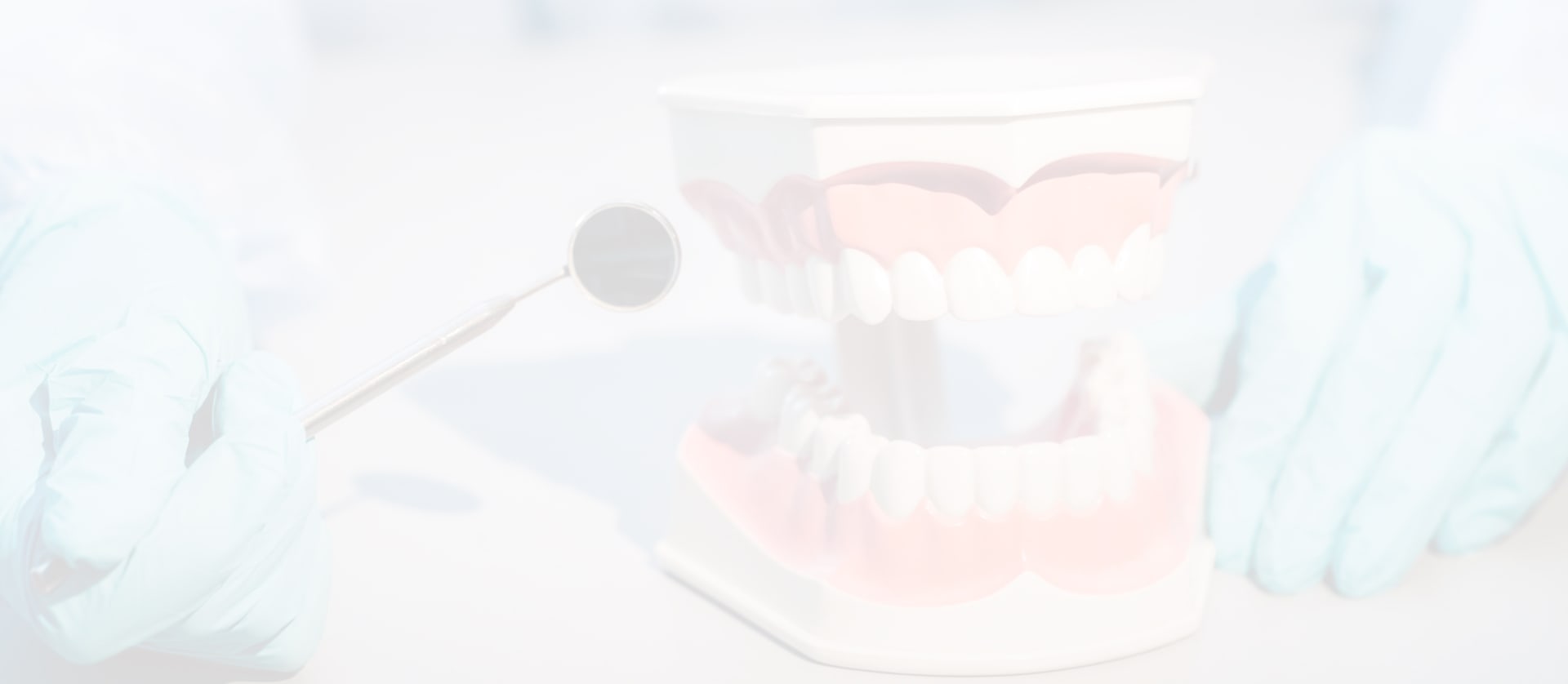Bruxism, often referred to as teeth grinding, is a condition that affects many people, often without their knowledge. This involuntary habit of clenching and grinding your teeth can occur both during the day and at night.
While the immediate concern might be the wear and tear on your teeth, bruxism can have other oral health implications, including bleeding gums. In this blog post, we’ll explore the connection between bruxism and bleeding gums, and provide insights on how to manage both conditions effectively before your next dental exam.
Understanding Bruxism
What is Bruxism?
Bruxism is the term for grinding or clenching your teeth. This can happen unconsciously while awake (awake bruxism) or during sleep (sleep bruxism), often without the person knowing. It can affect anyone at any age and is sometimes linked to stress, anxiety, or misaligned teeth. Common signs of bruxism include:
- Worn or flattened teeth, leading to dental damage over time
- Increased tooth sensitivity, making it uncomfortable to consume hot, cold, or sweet foods and drinks
- Jaw pain or tightness, which may spread to the neck and shoulders
- Headaches, especially in the temples, which can be chronic and severe
- Earaches, sometimes mistaken for ear infections
If untreated, bruxism can cause significant dental and health issues, so it’s important to consult a healthcare provider if you experience these symptoms.
The Link Between Bruxism & Bleeding Gums – Causes of Bruxism
The exact cause of bruxism isn’t always clear, but several factors can contribute:
- Stress and Anxiety: Emotional stress and anxiety are major triggers for teeth grinding. Long-term stress can cause muscle tension, leading to clenching and grinding even during sleep.
- Sleep Disorders: Conditions like sleep apnea, where breathing stops temporarily during sleep, are linked to bruxism. People with sleep disorders are more likely to grind their teeth at night due to disrupted sleep patterns.
- Medications: Certain medications, especially antidepressants like SSRIs, can increase the risk of bruxism. These drugs might affect neurotransmitters in the brain, leading to muscle activity that causes grinding.
- Lifestyle Factors: Excessive caffeine or alcohol consumption can worsen the condition. Caffeine in coffee, tea, and energy drinks can increase tension, while alcohol can disrupt sleep cycles, both contributing to teeth grinding.
Understanding these factors can help in managing bruxism effectively.
How Bruxism Affects Your Gums
While bruxism primarily affects your teeth and jaw, it can also significantly impact your gums. Here’s how:
- Gum Recession: Constant grinding and clenching can lead to gum recession, where the gum tissue pulls away from the teeth, exposing the roots. This not only makes your gums more susceptible to irritation and bleeding but also increases the risk of sensitivity and decay in the exposed tooth roots. Over time, this recession can lead to tooth loss if not adequately addressed.
- Inflammation: The enormous pressure exerted on your teeth during grinding can cause inflammation in the surrounding gum tissues. This inflammation often leads to bleeding, especially when brushing or flossing. In severe cases, this persistent inflammation can contribute to the development of periodontal disease, potentially leading to more severe oral health issues.
- Increased Plaque Buildup: Bruxism can make it difficult to maintain proper oral hygiene. The constant friction and pressure can create micro-damage to the enamel, making it easier for plaque to accumulate. Over time, this buildup can lead to gum disease, which manifests as swollen, tender, and bleeding gums. If left untreated, gum disease can progress to periodontitis, a severe condition that can cause tooth and bone loss.
Signs of Bleeding Gums
Bleeding gums can be a sign of underlying gum disease, which can be exacerbated by bruxism. Look out for the following signs:
- Bleeding during brushing or flossing
- Red, swollen, or tender gums
- Persistent bad breath
- Gum recession

Managing Bruxism & Bleeding Gums
Tips for Preventing & Treating Bleeding Gums – Tips for Managing Bruxism
- Stress Management: Techniques like meditation, yoga, or deep-breathing exercises can reduce stress and anxiety. Regular practice promotes relaxation and may alleviate teeth grinding.
- Mouthguards: Custom-fitted mouthguards protect your teeth and gums from grinding, especially at night. They fit comfortably, preventing teeth from grinding against each other and reducing wear.
- Limit Stimulants: Reduce caffeine and alcohol intake, especially before bedtime. These substances can disrupt sleep and worsen teeth grinding. Cutting back in the evening can help you sleep better and minimize grinding.
- Regular Dental Check-ups: Visit your dentist regularly for professional advice. They can spot early signs of damage and suggest treatments. Regular check-ups ensure prompt attention to any issues, maintaining oral health.
- Proper Oral Hygiene: Brush your teeth twice a day using fluoride toothpaste and floss daily to remove food particles and plaque from between your teeth and under the gumline. This routine helps prevent cavities, gum disease, and bad breath.
- Use a Soft-bristled Toothbrush: Choose a toothbrush with soft bristles to minimize irritation and damage to your gums and enamel. Replace your toothbrush every three to four months, or sooner if the bristles are frayed.
- Rinse with an Antibacterial Mouthwash: Incorporating an antibacterial mouthwash into your daily routine can help reduce the bacteria that cause inflammation and plaque buildup. Swish the mouthwash for about 30 seconds after brushing and flossing.
- Stay Hydrated: Drinking plenty of water throughout the day is essential for maintaining saliva flow, which neutralizes acids produced by bacteria in the mouth and washes away food particles. Proper hydration is crucial for overall oral health and helps keep your mouth moist and comfortable.
The Path Towards Understanding Bleeding Gums
Bruxism and bleeding gums are interconnected oral health issues that can significantly impact your overall well-being. By understanding the link between the two conditions and taking proactive steps to manage them, you can maintain a healthier mouth and improve your quality of life.
If you’re experiencing symptoms of bruxism or bleeding gums, don’t hesitate to consult with your dentist. Early intervention can prevent more serious complications and help you find effective treatments tailored to your needs.Looking for more tips on maintaining oral health? Book an appointment at Fairlawn Dental Centre today in Ottawa.










